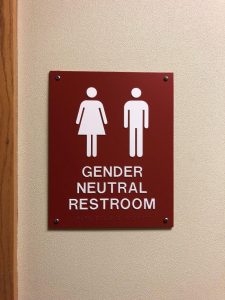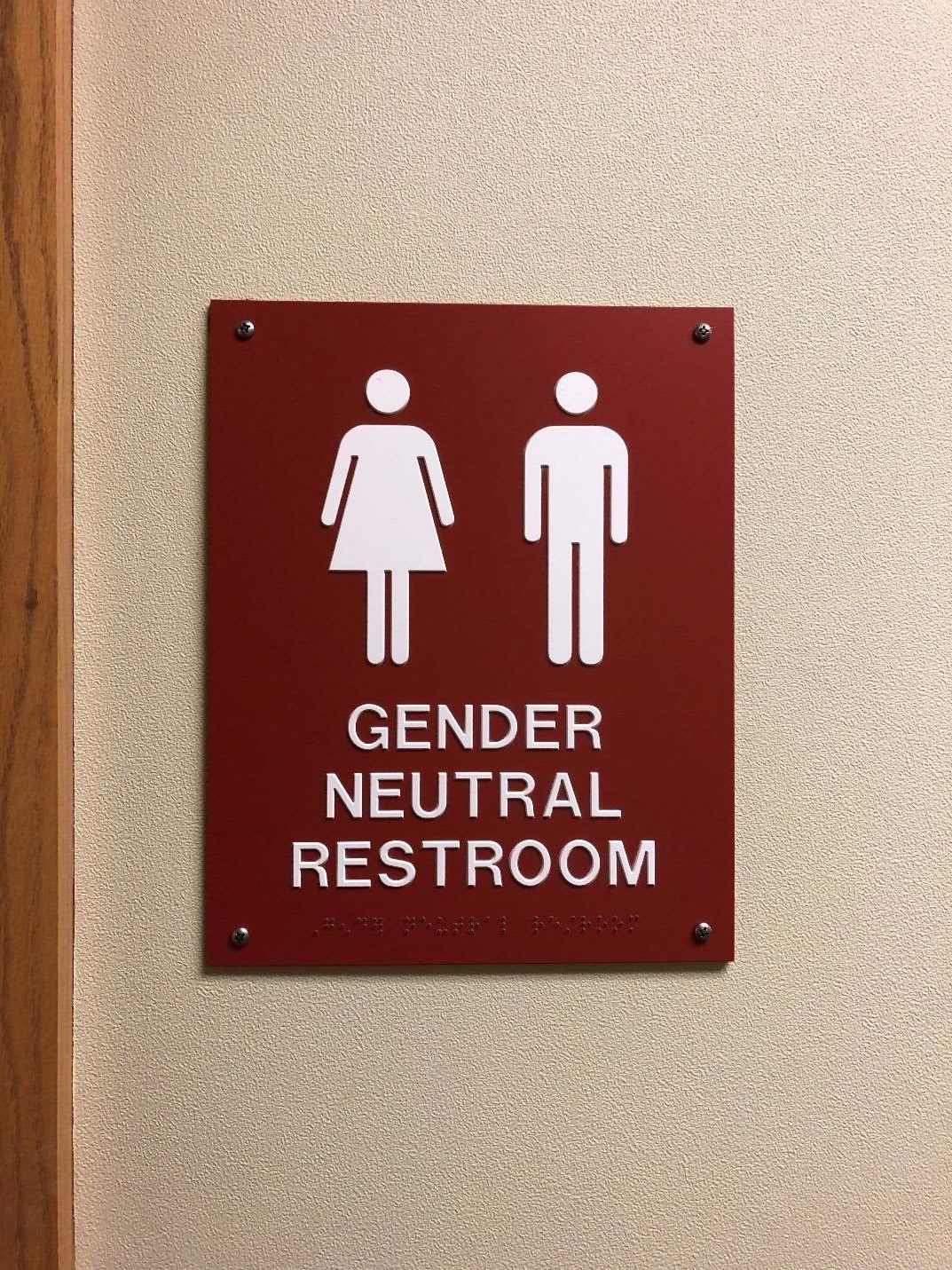
Gender-neutral bathrooms, inclusion in the residence halls and safe spaces on campus: these have all been efforts made at Concordia to create a more welcoming environment on campus.
October is LGBTQ History Month, so what has Concordia done in the past to support this community?
A trip to the archives brought to light one of the earliest efforts of LGBTQ support on campus: The Tri-College 10% society. This group consisted of members from MSUM, NDSU and Concordia and their president at the time, J.D. Peterson, clearly stated their purpose.
“Like many student organizations we do not address the individual members sexual behavior, this is not appropriate,” said Peterson. “What we do advocate is EQUAL RIGHTS, EQUAL OPPORTUNITY, and EQUAL ACCESS. These issues are universal and INTEGRAL to all minority groups. We are no different.”
However, there was some controversy about the group meeting on Concordia’s campus. The college sent a letter to faculty and staff in 1991 regarding this controversy.
“Finally, and consistent with the general position of the Evangelical Lutheran Church in America regarding these matters, the college makes a distinction between support and advocacy efforts,” stated the letter. “Advocacy of homosexual behavior is not deemed to be consistent with the position the church has taken and we have relied on that policy as our guide in these matters. For this reason the college has not permitted promotions and activities relating to such advocacy.”
This stance was based on the statement adopted at the time by the Tenth General Convention of The American Lutheran Church.
“We note the current consensus in the scientific community that one’s preferred sexual behavior exists on a continuum from exclusively heterosexual to exclusively homosexual and that homosexual behavior takes a variety of forms,” said the statement. “We believe it appropriate to distinguish between homosexual orientation and homosexual behavior. Persons who do not practice their homosexual erotic preference do not violate our understanding of Christian sexual behavior.”
This statement adopted by the church was Concordia’s reasoning behind being unsupportive of the 10% Society gathering on campus, as Concordia claimed the group was advocating for homosexual behavior, instead of just supporting it.
Although Concordia had some controversy surrounding this group, they made it clear in the same letter to faculty and staff that they support their students.
“The college is resolved to guard the civil rights of all students and, more important, their human rights,” said the letter. “Incidents of harassment and discrimination are simply not permissible. On the contrary, our goal is to cultivate a sense of understanding and support for persons of homosexual orientation.”
Fast forward to the last decade and Concordia has seen considerable improvements towards creating a welcoming environment for the LGBTQ community.
Kristi Loberg, a faculty advisor for Sexuality and Gender Alliance, highlighted one of the efforts to create a more inclusive environment in recent years, which was changing the club’s name from “Straight and Gay Alliance” to “Sexuality and Gender Alliance.”
“That was really an important name change for the group, because it allowed more for the understanding of the continuum of sexuality and gender, and not just a binary way to think about straight and gay, and also was more inclusive about transgender and gender identity,” said Loberg.
Tyler Horne, a first-year student majoring in creative writing, is part of the LGBTQ community. He is transgender and feels that Concordia is supporting students in the community.
“One thing I’ve noticed is there was the wrong name originally listed for school stuff for me, so my counselor first emailed my teachers about what name I actually have,” said Horne.
Although he was able to get this figured out, he said it was only as easy as it was because he had legally changed his name. Those students who have not done that may have a harder time.
Horne is also a member of the Sexuality and Gender Alliance on campus.
“Honestly, most of the meetings have just been like fun, kind of talk with each other and play games,” said Horne. “It’s not even really required to be in the LGBTQ community to be in the club. It’s kind of really a safe place for people to hang out.”
SAGA is one of the groups that has worked to create inclusion for the LGBTQ community on Concordia’s campus. And although COVID-19 has changed many things, the group continues to meet every Wednesday at 7:30 p.m. in Bishop Whipple 144. All are welcome.

